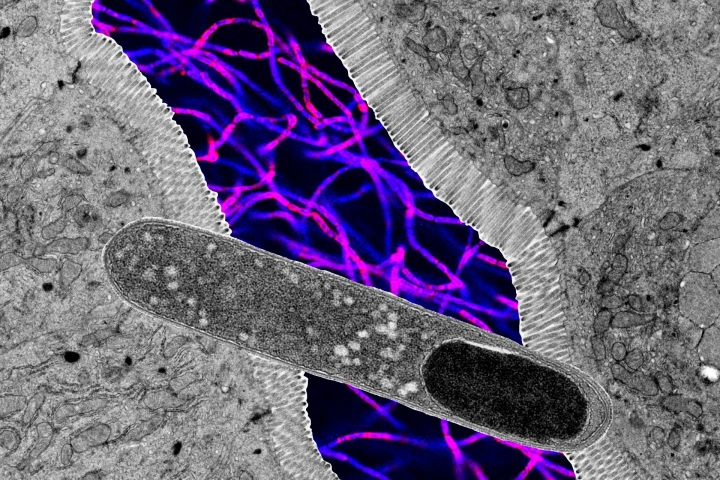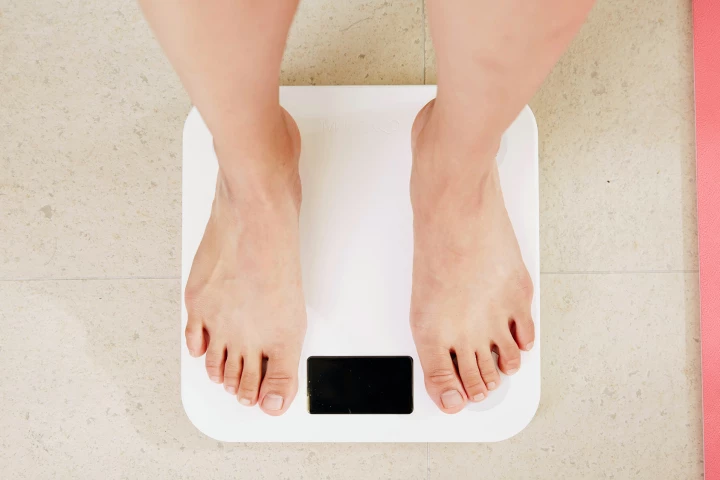Obesity
-
After a century of false starts, scientists believe they have found a way to make cells burn more energy without the dangerous side effects – and it could be a breakthrough that reshapes weight-loss and anti-aging medicine as we know it.
-
The sustainability of weight-loss drugs is under scrutiny as new research shows that people who stop taking GLP-1s regain the pounds and return to their original size after 1.7 years. It questions whether we're relying on this "magic cure" too heavily.
-
The rise in popularity of GLP-1 receptor agonist drugs like Ozempic is causing a wider societal shift that is now rocking the food industry. And some are feeling the pain more than others, as people make fundamental changes to their lives and health.
-
The next transformative phase of weight-loss medication is upon us, with the US Food and Drug Administration (FDA) approving Novo Nordisk's highly anticipated oral GLP-1 drug – with a starting dose available in early January for US$149.
-
Researchers have homed in on a single gut microbe that acts to prevent fat gain, even with a high-fat diet. The discovery adds to the booming science of finding ways to enlist the microbes that already live in our bodies to help us improve our health.
-
A massive global study has turned up some grim news: That 87% of us are not routinely getting quality sleep and meeting physical activity levels needed for long-term health. And, scientists discover, one is more influential than the other.
-
The World Health Organization has finally made its recommendations on using GLP-1 therapeutics for weight loss, though it remains to be seen whether it changes their status for prescribing or price. And scientists still have some concerns.
-
Scientists have made a major breakthrough in understanding how fat cells grow in size, in response to accommodating larger droplets of fat. The findings unlock a new path in tackling obesity, by reducing the amount of fat our cells can store away.
-
In the most comprehensive investigation of the ketogenic diet’s mental health effects yet, researchers pooled 50 studies spanning six decades to see what we actually know about its influence on mood. The results are a mix of promising and uncertain.
-
Some people don’t lose enough weight after bariatric surgery, but a new study shows that adding a daily shot of GLP-1 drug liraglutide can help patients shed extra pounds and may reduce the need for further surgery.
-
A blend of natural compounds that blocks sugar damage extended lifespan in mice by curbing hunger and improving metabolism in a new study. It hints at a new way to fight obesity, diabetes, and aging without cutting calories.
-
A new class of weight-loss drug has shown it can significantly boost weight loss when paired with GLP-1 therapy – without adding side effects – in a mid-stage clinical trial, pointing to a powerful new combination approach to tackling obesity.
Load More











